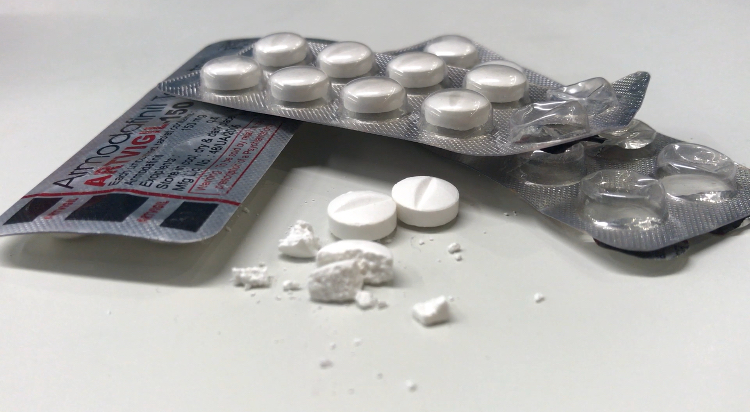Health professionals have long known that university students are taking performance enhancing drugs to help them focus and improve grades.
But while the misuse of prescription amphetamines like Ritalin, Adderall and Dextroamphetamine has been an issue for decades, it’s yet to be formally addressed by Australia’s tertiary institutions.
A recent study found the use of these stimulants is more prevalent among Australian students than it is in the United States – where it has been a public issue for years. In the UK, academics have called on institutions to consider preventative measures such as drug testing. In Australia though, the use of prescription amphetamines in the education system receives less media attention than the issue of drugs in sport.
Prescription drugs are commonly used to treat people who suffer from Attention Deficit Hyperactivity Disorder (ADHD). The stimulants affect the chemicals in the brain and nerves that contribute to hyperactivity and impulse control. In ADHD patients, drugs are used to increase concentration and to decrease impulsiveness. However, a growing number of students are taking these stimulants without diagnosis because of the stimulating effect on cognitive development.
University of NSW Performance Psychologist, Jason Mazanoc, conducted a poll of more than 1700 students at four large south-eastern universities. He asked about the use of Modafinil, prescription stimulants, supplements, illicit drugs, relaxants and caffeine – in relation to enhancing study performance. Two-thirds of the 164 students who reported using prescription amphetamines, said they took psycho-stimulants to improve their concentration and ability to focus. It prompts the question: does this leave other students at an unfair disadvantage?
An engineering student, who asked to remain anonymous, told Hatch he takes these prescription tablets when studying for exams.
“Usually the night before a big exam I’d take a dexy (Dexamphetamine) to help me study,” he said.
“University is a lot of pressure. Our units have a lot of content and the tablets really help me retain all the information faster, especially when I’m cramming all my studies the night before.”
He added that the illicit use of stimulants is common among other students: “You can pick up a single tablet from another student for as little as $5.”
A psychology student, who also wished to remain anonymous, told Hatch she used the drugs to focus and didn’t consider it cheating. In the following interview, she describes their many side-effects and how she suffered a “crash” in the middle of an exam.
While the issue of fairness remains controversial, there is no doubt that the non-medical use of ADHD drugs has detrimental side effects.
Dr Rafi Farsheed, a general practitioner, explained to Hatch that these drugs are used inappropriately by some individuals, because their off-label use can be effective in helping with concentration and focus.
When discussing the fairness in students taking these drugs to study, Dr Farsheed said: “An exam is meant to assess one student’s capacity versus another student’s capacity.
“When you’re assessing capacity, you need to do it at a baseline or even playing field. Whether you’re looking at sports and the use of anabolic steroids, or you’re looking at an exam setting and the use of medications like Ritalin, anything that gives one student an advantage over another is considered cheating.”
The prescription drugs are not just easily accessible on campus, but can be purchased online in bundles (see below). These international sites even offer to provide special undetectable wrapping, to get them through customs.
— Story and interviews by Simran Popal.
EDITOR’S NOTE: If you or anyone you know has an issue with prescription or off-label medication, see your GP or contact counselling services such as Lifeline.




